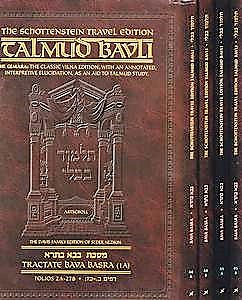Ascent of Safed Chasidic Story 8 Iyar 5778
“Painful” Surgery
His son David asked the doctors to describe to Rav Ovadia Yosef what the procedure would be like in order that he wouldn’t be shocked when the pain began.
Connection: Seasonal — month of Iyar — The Hebrew letters of Iyar are also an anagram for “ani Hashem rofecha” – “I, G-d, am your healer.”
“Painful” Surgery
About seven years before HaRav Ovadia Yosef, the former “Rishon L’Tzion” (‘First in Zion’ — i.e., chief Sephardic Rabbi of Israel) passed away in Oct. 2013, he suffered from terrible stomach pains. His son Rabbi David accompanied him to the hospital. The doctors ordered a battery of tests, and they uncovered an issue that required immediate laparoscopic surgery. However, at his advanced age and with his weak condition, the doctors felt that it would be dangerous to place him under anesthesia. They also expressed concern that it would take him several weeks to recover from it.
They told Rabbi David that they could do the surgery without anesthesia and it would take about a half hour, but they warned him that the procedure would be extremely painful. They said they would have several staff members present just to hold him down, and they told him to prepare himself and be ready to hear shouts of pain.
Rabbi David asked the doctors to describe to Rav Ovadia what the procedure would be like so that he wouldn’t be shocked when the pain began. When Rav Ovadia heard the plan, he said, “Beseder” (‘ok’), and sighed about what he was facing.
He remarked, “If this is a pain that I have no choice but to suffer, it should be a kaparah, — an atonement — for my sins”. He said to Rabbi David, “Please bring me my Gemara and I will try to distract myself from the pain as much as possible.” His son brought in the volume of the Talmud Rav Ovadia was learning at the time, Babba Batra, and then left the room.
Rabbi David related, “A large group of doctors and other hospital staff entered the operating room, but I did not hear a single sound emanating from within. Finally, after about half an hour, the doctors came out and said, ‘We were shocked – the Rav didn’t make a peep the entire time!’
I went inside to check on my father and asked him, ‘Abba, how are you feeling?’
He looked up at me and, slightly irritated, he said, ‘Please ask the doctors how long they’re going to make me wait. Let them start already so they can finish!’
I happily told him that the procedure was completed. My father was so engrossed in his learning that he hadn’t even felt the doctors operating on him!”
~~~~~~~~~~~~~~~~~~~~~~~
Source: Adapted and supplemented by Yerachmiel Tilles from the rendition in “Shabbos Stories for Parshas Vayikra 5778” (keren18 @ juno.com), which was reprinted from “Torah U’Tefilah – Parshas Ki Sisa 5778”, compiled by Rabbi Yehuda Winzelberg,
